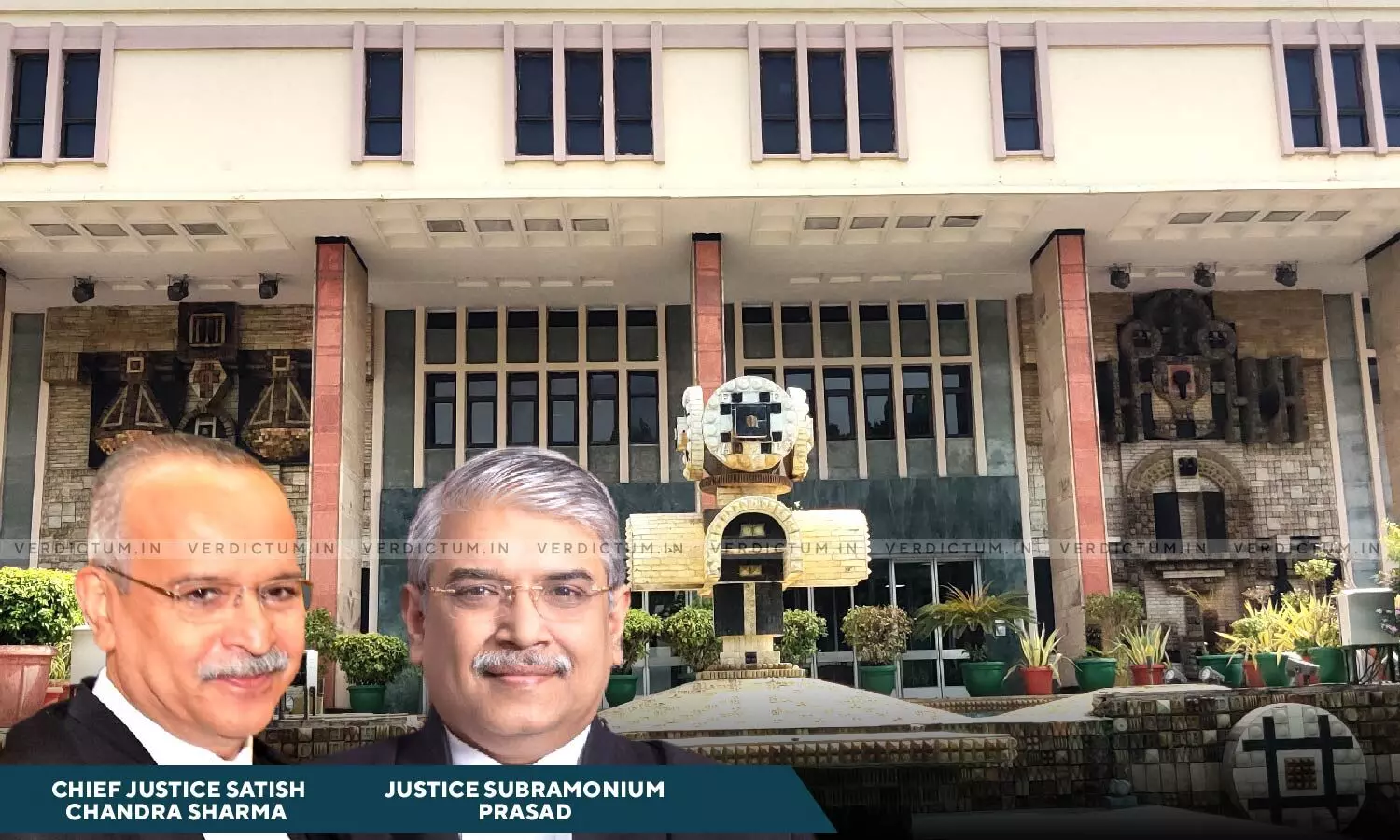
Balance Of Convenience Is In Favour: Delhi HC Allows St Stephen’s College To Conduct Interviews For Admissions To Minority Students
 |
|The Delhi High Court has allowed St Stephen’s College to conduct the interviews for granting admissions to the minority quota students on account of a balance of convenience lying in favor of the petitioner.
A Division Bench comprising Chief Justice Satish Chandra Sharma and Justice Subramonium Prasad held, “… this Court is of the opinion that a prima facie case has been made that the Petitioner will suffer an irreparable loss if interim relief is not granted at this juncture. The balance of convenience also lies in favour of the Petitioner. Accordingly, as an interim measure, this Court directs that the admission policy as framed by this Court vide judgment dated 12.09.2022 shall be followed for the Academic Year 2023- 24 and the St. Stephen’s College will adopt the marks secured in the CUET with 85% weightage for CUET and the College's interview for shortlisted candidates with a weightage of 15% for Christian minority candidates. For non-minority candidates, the College will adopt the marks secured in the CUET alone as the sole eligibility criteria.”
The Bench said that the admissions made in the college would be subject to the final instant outcome of the instant writ petitions.
Senior Advocate A. Mariarputham represented the petitioner/college while Advocate Mohinder J.S. Rupal represented the University of Delhi and ASG Chetan Sharma and CGSC Apoorv Kurup represented the UGC (University Grants Commission).
Factual Background
The two colleges filed a plea before the High Court seeking to challenge the decision of the Executive Council of the University of Delhi and the notification insisting on 100% weightage for CUET () score for admission to minority quota in the St Stephens College and declare them ultra vires to the Constitution of India. The plea challenged the communication directing the St Stephens College to withdraw its admission prospectus- Undergraduate (UG) Programmes, 2021-22, and to issue a public notice stating that the University of Delhi's admission policies shall be applicable to the St. Stephens College for UG Programmes for the Session 2022-23.
In 1980, a circular was issued by the University of Delhi directing all its affiliated/constituent colleges to admit students for UG courses solely on the basis of marks obtained in the qualifying examination. Aggrieved by the said circular, St. Stephens College approached the Apex Court by filing a writ petition under Article 32 of the Constitution contending that, being a minority-run institution under Article 30(1), the minority institution can devise its own admission process.
The High Court in the above context noted, “… Article 30(1) of the Constitution of India is not absolute and the State has the right to formulate regulations concerning the administration of a minority institution to the extent that it is for the furtherance of the interest of the minority community and is in a bid to prevent maladministration of the minority institution. However, it also recognises that it is for the minority institution to decide what would be best for the minority community, and for that purpose conducting an interview, which has been held to be free and transparent by the Supreme Court in St. Stephen's College v. University of Delhi, (1992) 1 SCC 558, cannot be said to be contrary to the interest of the minority institution.”
The Court said that allowing the petitioner college to admit students from the minority community, by giving 85% weightage to their CUET scores and 15% weightage to their interview would be best for furthering their interest and that the UGC communication, prima facie is in conflict with the right of the petitioner College under Article 30(1) of the Constitution.
“A conjoint reading of the aforesaid judgment, the minutes of the meeting dated 08.12.2022 and the impugned notification dated 30.12.2022 prima facie shows a complete lack of reasoning as to why the judgment of this Court has been given a go-by by the Respondents and indicates non-application of mind on their part while making the impugned decision”, observed the Court.
Accordingly, the High Court admitted the writ petitions.
Cause Title- St Stephens College v. University of Delhi and Anr. (Neutral Citation: 2023:DHC:5202-DB)